Ambitions
The project will provide the following advances beyond the current state-of-the-art:
- This project will generate new knowledge that will significantly contribute to a better understanding of the First Pandemic in general, since we will create the most representative sample that has been analyzed thus far in Central and South-Eastern Europe.
- Given that there is no clear scientific consensus regarding the outcomes of the First Pandemic, with the proposed project we will contribute to a better understanding of this historical event, with the highest temporal and spatial resolution of the evidence.
- The results of the proposed project will also elucidate our perspective of using ancient pathogen genomics as an emerging tool for infectious disease research.
- With a multidisciplinary approach, involving experts from different fields of science. We will design the first study of this kind in modern-day Serbia, placing the spotlight on regional studies.
- Through the dissemination of our results, we will build a broader scientific network that will, in the future, result in new regional and international projects regarding the biological and historical frameworks of the First Pandemic.
- Through the dissemination of our concluding remarks, we will participate in the newly created debate regarding the historical frameworks of the First Pandemic.
- Our main ambition is to set a platform for future regional and international projects that will include the investigation of other ancient pandemics/epidemics that potentially influenced the course of history.
Main goal
Through the bioanthropological paleopathological/dental analyses of circa 400 skeletons from the 6th to 9th centuries CE and the pathogen analysis of Yersinia Pestis of 90 samples we will significantly contribute to the scientific debate regarding the First Pandemic and provide a new set of data that will enable novel theories to be developed.
